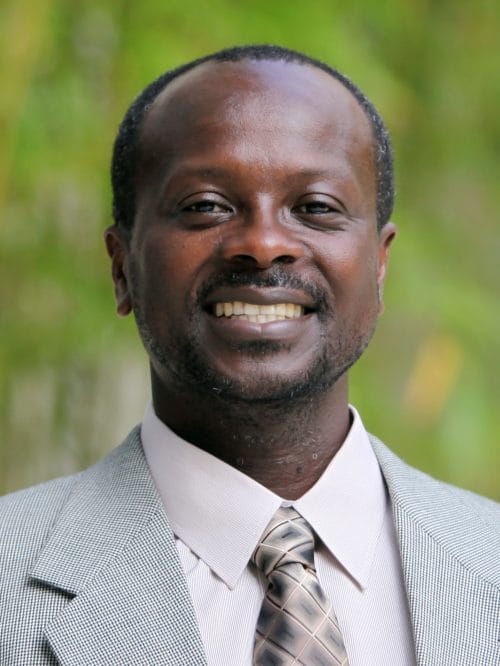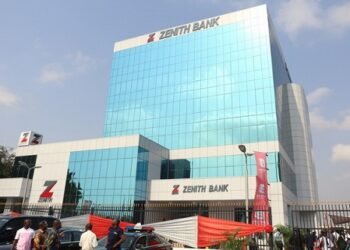In recent times, one of the conversations that has taken centre stage in Ghana’s political discourse is the unhealthy and unequal privileges given to some selected public sector workers, mostly referred to as Article 71 Officeholders.
Unlike several public and civil servants, the above-mentioned officeholders enjoy many privileges, sparking wider calls by activists for reforms.
Renowned legal scholar Professor Stephen Kwaku Asare has raised the alarm over what he describes as a disturbing and unjustifiable inequality in the remuneration structure within Ghana’s public sector, particularly regarding Article 71 officeholders and Independent Governance Bodies (IGBs).
The D&D Fellow at the Ghana Centre for Democratic Development concerns come on the back of newly sighted documents revealing steep salary increases awarded to these privileged public officials between 2020 and 2024 — a period otherwise marked by harsh economic realities and belt-tightening policies for the average Ghanaian.
“GOGO can confirm that the Auditor-General and other IGB heads were “earning” ₵34,397 monthly in 2020, rising to ₵62,202.53 by Dec 2024.”
Professor Stephen Kwaku Asare, CDD-Ghana D&D Fellow
This, according to Professor Asare, represents a staggering 81% cumulative increase over five years.
The year-on-year increments reveal an even more telling story. From a modest 4% rise in 2021 and 7% in 2022, the salaries jumped by a whopping 30% in 2023, followed by another sharp rise of 23% in the first half of 2024 and a final 1.6% increment in the second half of the same year.
To place this into perspective, Professor Asare noted that these salary hikes took place at a time when the Ghanaian cedi depreciated by roughly 50–60% between 2020 and 2024, severely eroding the real value of wages for ordinary citizens.

Furthermore, real wage growth for the average public servant either stagnated or turned negative during the same period.
Public Burdensome Levies
According to Professor Asare, the broader economic environment was also marked by debt restructuring, pension fund haircuts, and the imposition of burdensome levies on the populace.
“While citizens and pensioners were forced to ‘share the burden’ and ‘tighten belts,’ IGBs and surely other Article 71 beneficiaries were quietly awarded backdated raises. They get salary arrears. We get austerity. They get ‘adjusted emoluments’. We get emergency levies.”
Professor Stephen Kwaku Asare, CDD-Ghana D&D Fellow
Professor Asare, popularly known as “Kwaku Azar,” did not mince words in his critique. He described the situation as economic injustice codified into public administration, and questioned the moral and ethical compass of a state that would impose austerity on its people while shielding its privileged few from the economic pain.
According to him, the inequality is not merely economic, but deeply structural, revealing the flaws in Ghana’s current remuneration governance architecture. “The Fofie Committee has finished us,” he remarked, alluding to the committee responsible for reviewing Article 71 emoluments.
While ordinary citizens have been made to endure haircuts on their bonds, pensions, and savings, members of these Independent Governance Bodies — and by extension, other Article 71 beneficiaries — have received hefty backdated raises without any public disclosure or parliamentary scrutiny.
These revelations underscore the national debate over the privileges and emoluments of Article 71 officeholders — a topic that has dominated political discussions.
Article 71 of Ghana’s 1992 Constitution mandates the establishment of a presidential committee every four years to determine the salaries and benefits of top public officeholders, including the President, Vice President, Ministers, Judges, and heads of constitutional bodies.
However, critics have long argued that the process lacks transparency, consistency, and fairness. Equity, social justice, and faith in public institutions are at the heart of the matter, not just the figures on a payslip.

In times of economic hardship, a state must show that the sacrifices made by its citizens are shared and not disproportionate. Public service integrity and the sincerity of government rhetoric on burden-sharing are called into question by the disclosures of backdated salary increases and preferential treatment for a small elite.
The fact that the salaries listed do not include the extra benefits and privileges that frequently come with such high-level positions makes the discrepancy even more obvious.
It is well known that Article 71 officeholders in Ghana generally have access to state vehicles, housing, fuel allowances, and ex gratia packages that are significantly above the norm.
Promise for Reform
It is against this backdrop that President John Dramani Mahama, as part of his campaign promise, pledged to overhaul the existing emolument determination process.
Rather than relying on ad hoc presidential committees, which he says have become avenues for excessive privileges, President Mahama has proposed the creation of a permanent and independent Emoluments Commission.

This proposed body would merge the functions of the current Presidential Emoluments Committee and the Fair Wages and Salaries Commission, enabling a more coherent, equitable, and professional approach to public sector salary determination.
According to President Mahama, this new commission would ensure that salary increments across the public service reflect the country’s economic realities and adhere to the principles of equity and fairness.
He has formally presented the proposal to the Constitutional Review Committee, with hopes that it will form part of the long-term reforms to rationalise Ghana’s fragmented and often politically manipulated salary structure.
It is the expectation that President Mahama’s promises to review this broken system translate into concrete action.
READ ALSO: Accelerating Ghana’s GPP2 Project to Cut Fuel Costs




















